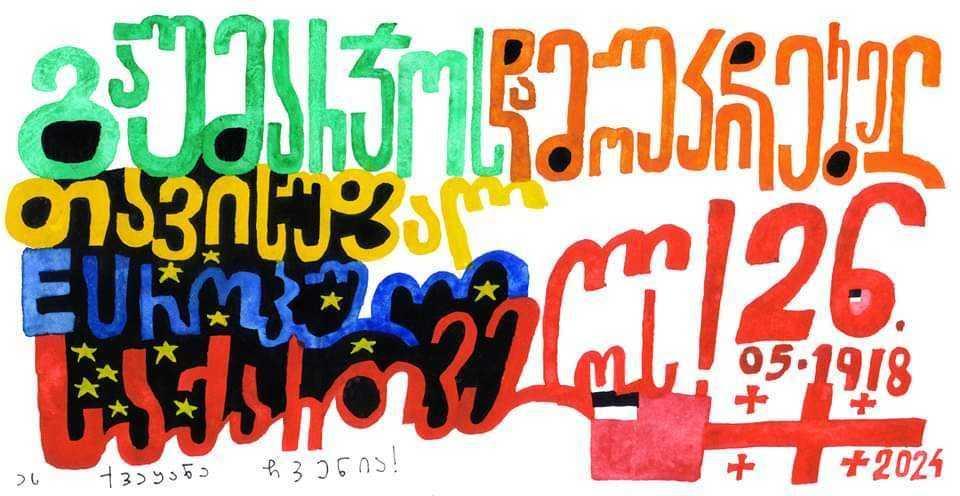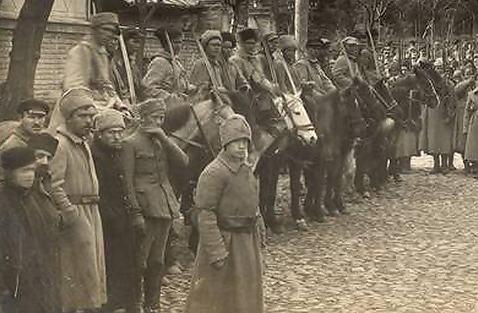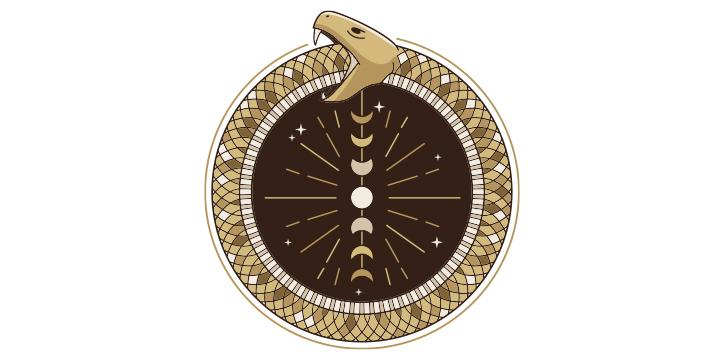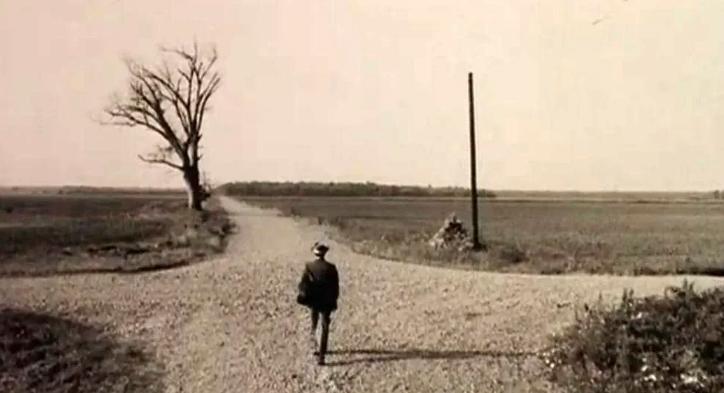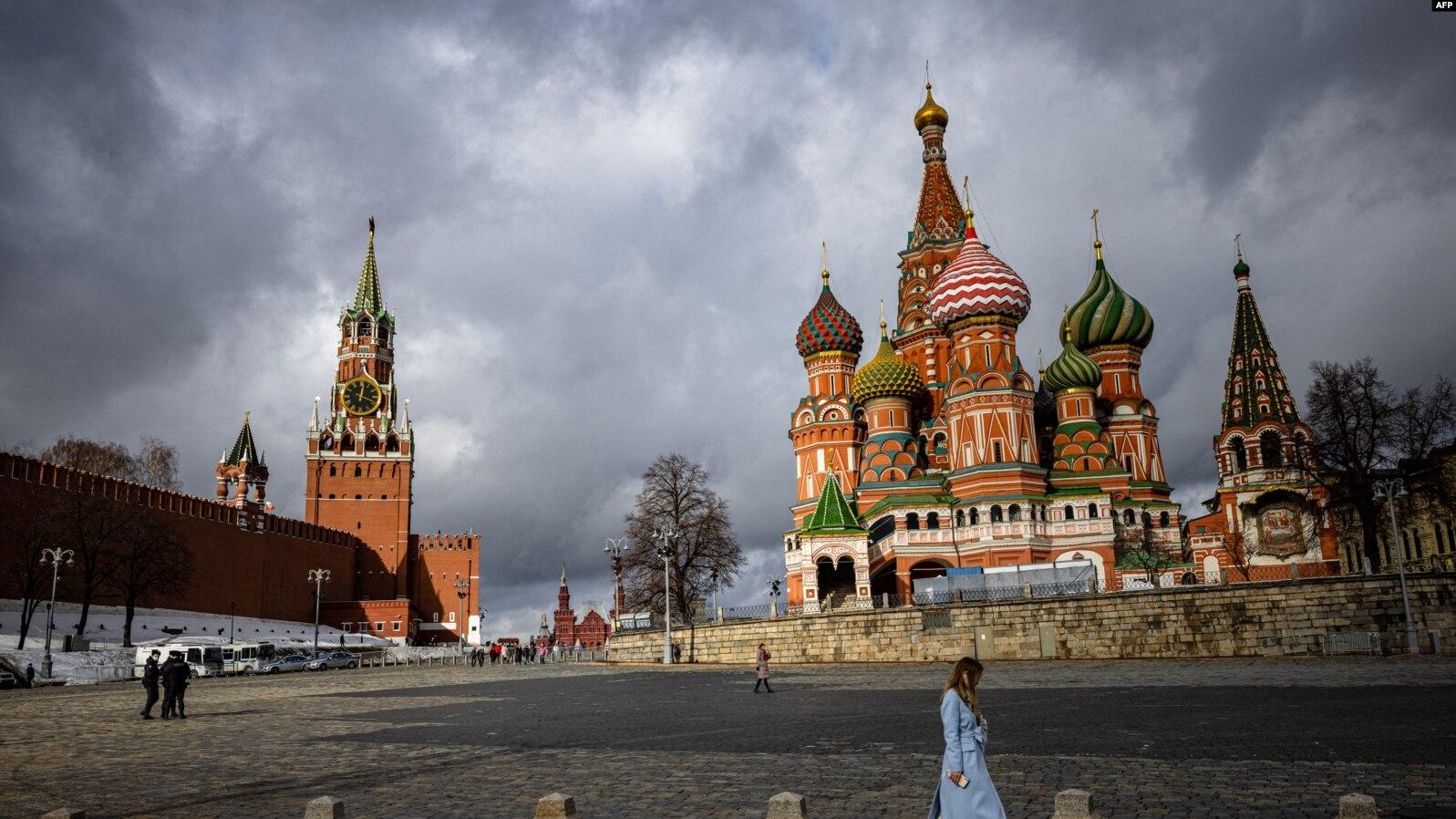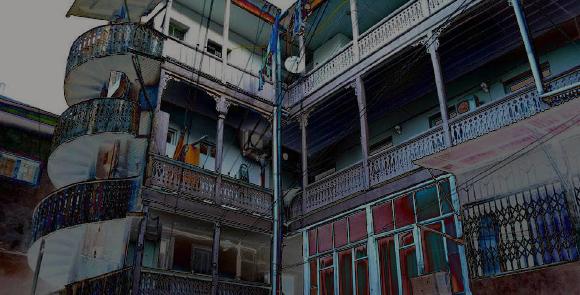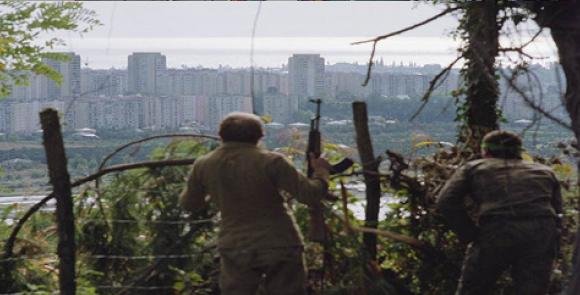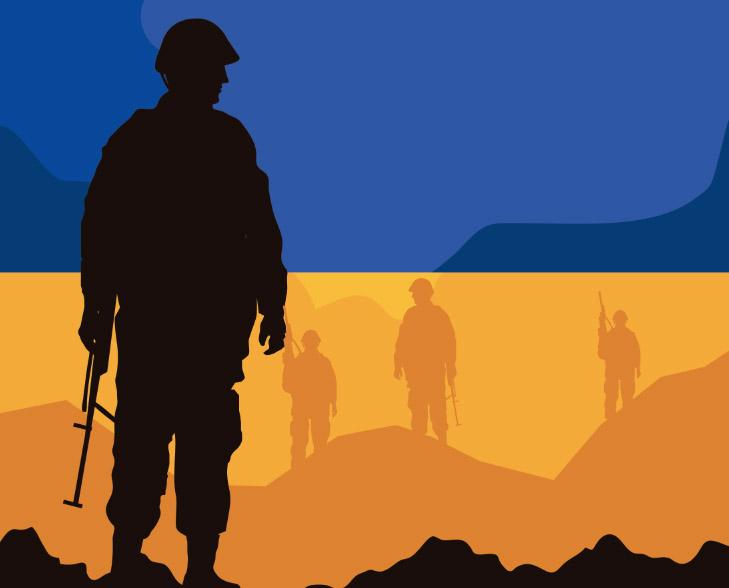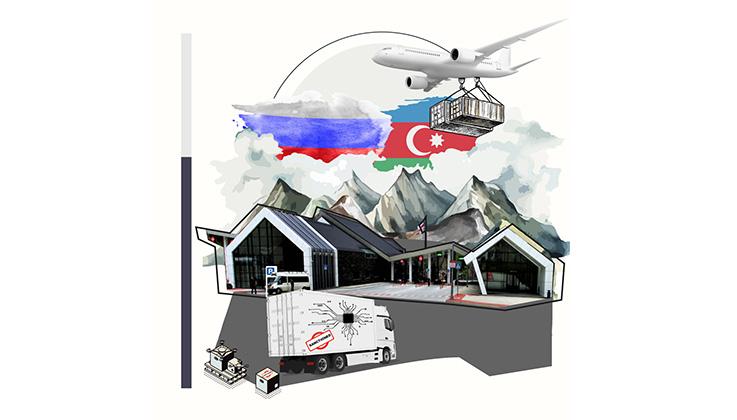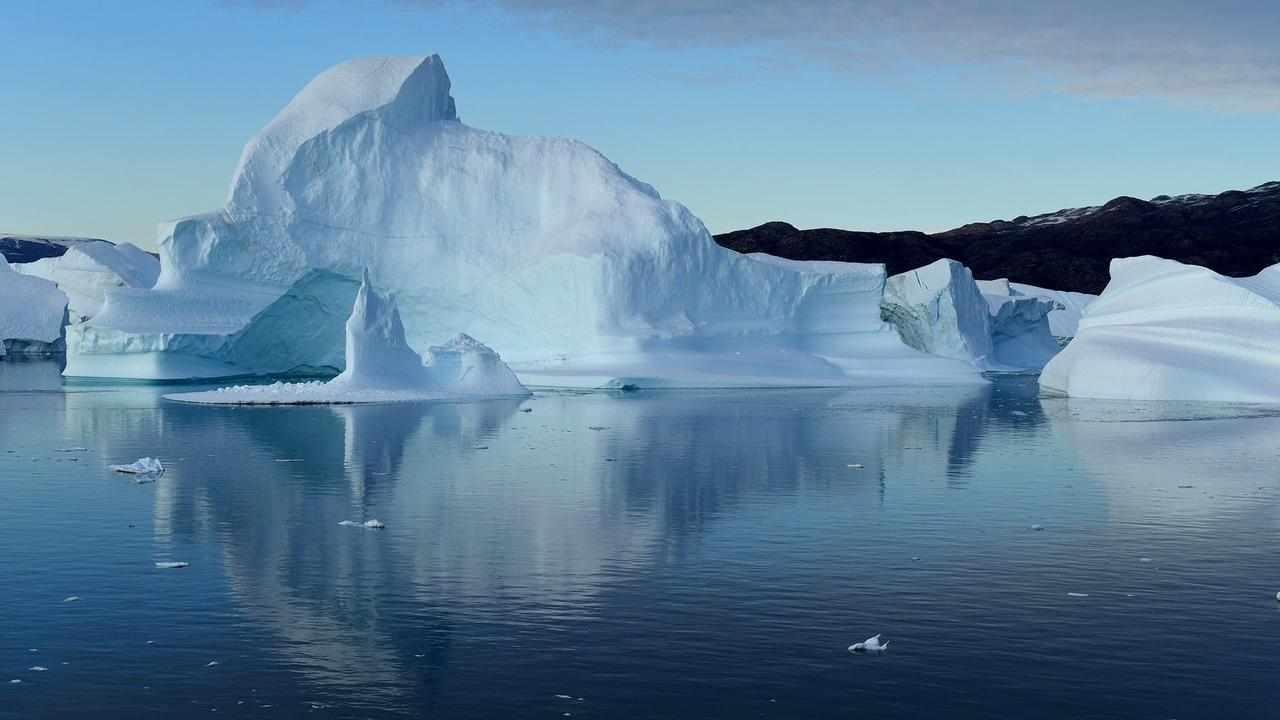
Author : Giorgi Antadze

You won’t find this conflict in any history book, yet it’s real and still ongoing today. Antarctica remains the only continent without a permanent human population, hosting only a few dozen research stations from various countries. According to the International Antarctic Treaty, the continent doesn’t belong to any nation. To me, Antarctica is the most beautiful place on Earth precisely because it is uninhabited.
The route from the Argentine city of Ushuaia to the Antarctic Peninsula has been considered one of the world’s most challenging sea passages, since Drake’s time. The Drake Passage is among the stormiest regions on the planet, difficult to navigate even with modern technology. Only two things got me through a two-day, eight-point storm confined to my cabin: churchkhela and Richard Wagner. As the ocean tosses cruise liners like a mere splinter, you’re forbidden to leave your cabin (and even if you weren’t, standing upright would be impossible), leaving you virtually chained to your bunk. In such moments, what else can save you but headphones delivering unearthly music?
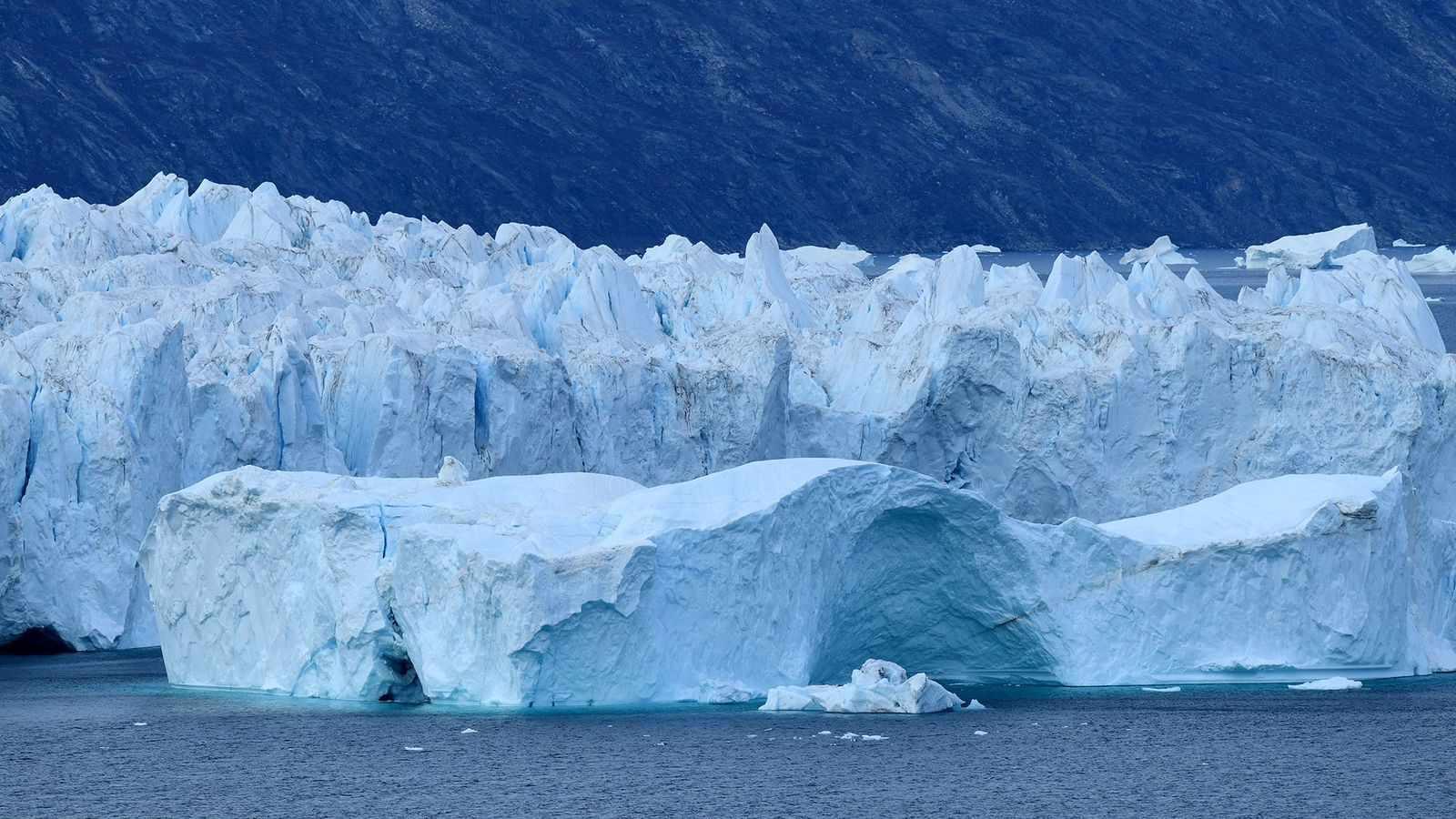
This would be the perfect storm for Götterdämmerung. In the end, Valhalla burns, the gods fall, and a new world is born before your eyes—a calm ocean dotted with icebergs.
Once, whalers hunted in these waters. Onshore, they built large workshops where they processed their massive prey into valuable spermaceti. Remarkably, the wooden buildings from that era remain almost untouched, and large pieces of whale skeleton are scattered around. Could these be Moby Dick’s bones? If so, Ahab’s must be here too, lying nearby.
The squawking of penguins snaps me out of my rambling thoughts. Penguins are adorably amusing in photographs and on television screens, but in reality their charm comes with an overwhelming smell that hits you the moment you enter their territory.
Although thousands of them live together, penguins are among the most asocial creatures. They lack empathy, a “herd instinct,” and any sense of altruism. Evolution has granted them neither collective nor individual intelligence. The reason for that is simple: for penguins, survival means only evading the occasional, sluggishly moving seal. They’re fortunate that polar bears don’t inhabit the southern hemisphere.
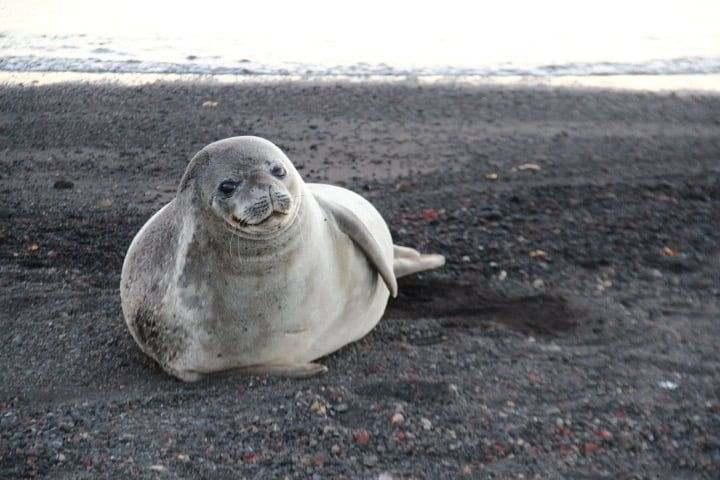
Yet, I hold no grudge against these beautiful, exotic creatures; they didn’t choose this existence—evolution assigned them this path. This evolutionary dead end reminds me of some things (or maybe someone).
Peace—without struggle or victory.
Gluttony—monotonous food “shoved” into an open mouth.
Reproduction—without love.
Perhaps this is what their ancestors once dreamed of.
...and again, that smell—the unbearable odor of excrement.
***
We’re on a British research station. Over there on the shore, a seal is watching me via a sideways glance. Its expression seems to say: “Do you really need this?” Maybe it’s just too lazy to talk, but its face is so expressive that it’s hard to believe it’s mute.
A British flag on a small hill is surrounded by a group of penguins, and so I took a photo for which I later won a prize in a competition after inscribing “Brexit” on it. British traditions are also present at this base: a photo of the Queen, souvenirs from Harrods, hot tea, and a British post office. I put the Christmas card in the British post box in Antarctica, to arrive in Tbilisi in exactly one month. I can only blame the Georgian post office for that prolonged delivery, as the British post office runs like clockwork. The scientific station is almost a century old. One of the buildings houses a museum, while the murals made by the first explorers have survived, mostly naked women. There is a cookbook with some local recipes. The omelette recipe is interesting. “Ingredients: 2 seal brains, 4 penguin eggs, 2 ounces of butter.” I wonder where they got the butter.
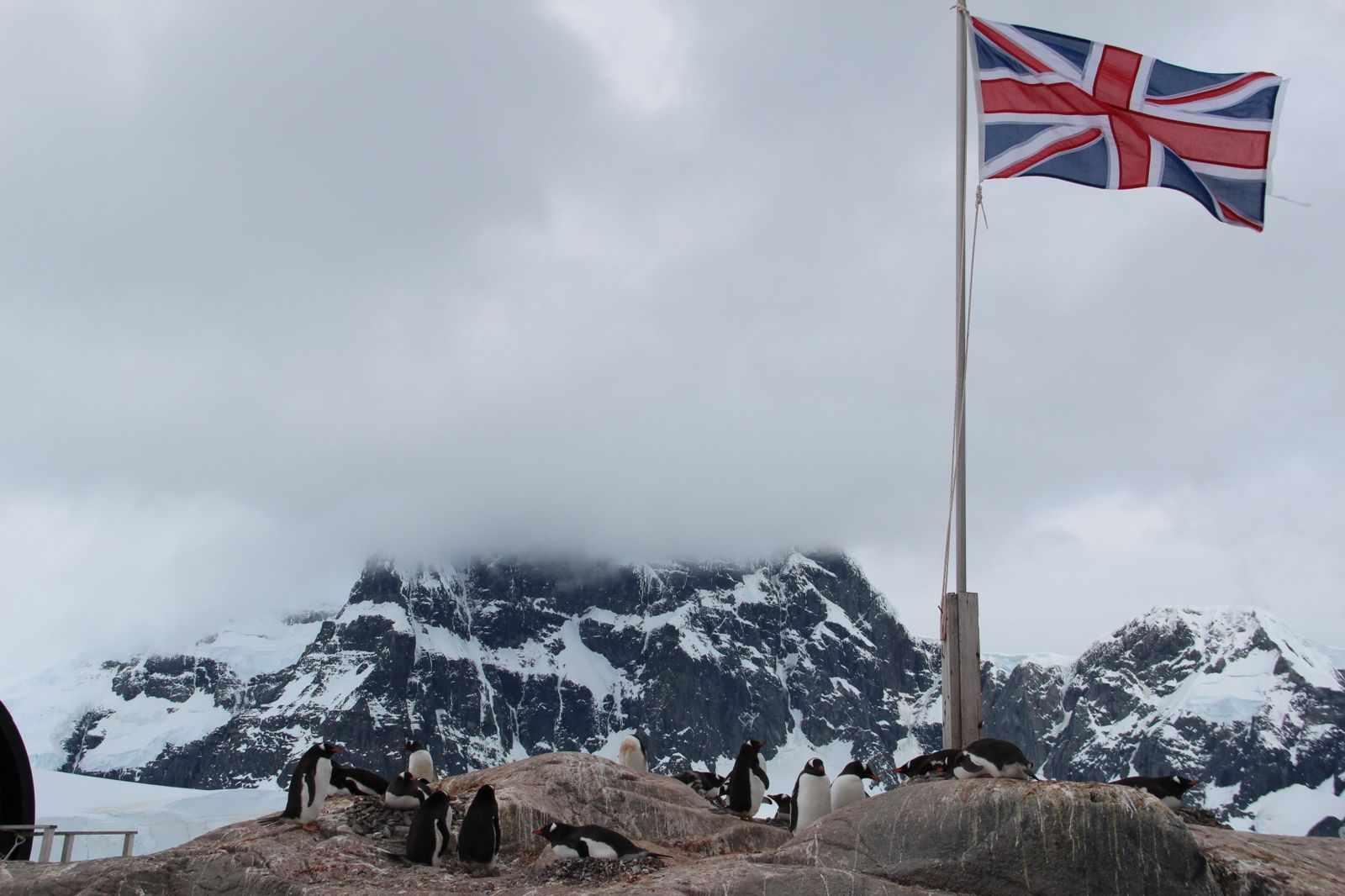
I really want to see the night sky of the southern hemisphere, but it doesn’t get dark at this time of year. The temperature outside is bearable; you can even go out on deck. The coldest it gets is -16 degrees Celsius. December here is summer. Thanks to this, our ship navigates waters covered by only a thin layer of ice, and the surrounding icebergs don’t seem threatening. What’s an iceberg to us, anyway? We’re not the Titanic, right?
***
Antarctica is the only continent on Earth that has never seen war. There have been clashes of titans, heroic expeditions, tragedies, and ambitions of great powers, but the greatest folly of homo sapiens - war - has fortunately never reached Antarctica.
The story of the first expedition to the South Pole is both interesting and sad. In 1911, Norway faced off against the mighty British Empire. Roald Amundsen’s ambitious plan to be the first to reach the South Pole posed a serious threat to the aspirations of the British Captain Robert Scott. Both expeditions started in December and Amundsen’s team reached the South Pole first on 17 January 1912. It took Scott 35 days to reach his destination, where he found a tent left behind by Amundsen, flying a Norwegian flag. In the tent, Amundsen had left supplies and food for the members of Scott’s expedition, as well as a letter to be delivered to the King.
“Terrible disappointment, my heart aches for my faithful friends, the dream is over,” Scott wrote in his diary.
Sadly, Scott and the two remaining members of his party died on the way back, just 20 kilometers from the final camp. Scott had on him a letter from Amundsen which he was unable to deliver.
This is a story of true heroism. We say that hope dies eventually, but not for heroes.
***
In the evenings, we all gather in the ship’s bar. Iceberg-iced whiskey has a completely different flavor. In the distance, a group of Moscow tourists drink heavily at a table. As true followers of Marx and Engels, they believe that quantity equals quality, and they’re making quite a noise.
I make friends with some Americans and join their merry group. Later, as I return to the bar, one of the Muscovites approaches me and asks point-blank” “You live in America, right?” I reply in the negative, and confirm I’m from Tbilisi. He can’t hide his surprise: “You’re Georgian? What do you want with Americans? Join us!”
“Americans are good people,” I say coldly, and I quickly head back to my friends, finishing the thought in my mind: “We joined you once, and we regretted it dearly.”
***
An interesting day awaits us. We are to visit the Chilean scientific station and the Russian base next to it.
The Chilean burgundy-colored buildings are beautiful, and a small church has been built on the hill. Everything is neat and tidy. Visitors are rarely received, and for 20 scientists our arrival was a special event. They treated us to hot chocolate and cookies, opened a souvenir shop, and showed us the church. This church was built a few years ago on the highest point. No one cared about this place for decades, but as soon as the Chileans started building, the neighboring Russian base made territorial claims. The dispute has escalated into physical clashes several times, commonly on the days when the Russian base was supplied with alcohol. Fortunately, according to the Antarctic Treaty, the placement of military facilities, as well as the entry of military and armed ships south of the 60th parallel is prohibited. Otherwise, we would likely see another territory occupied by Russia.
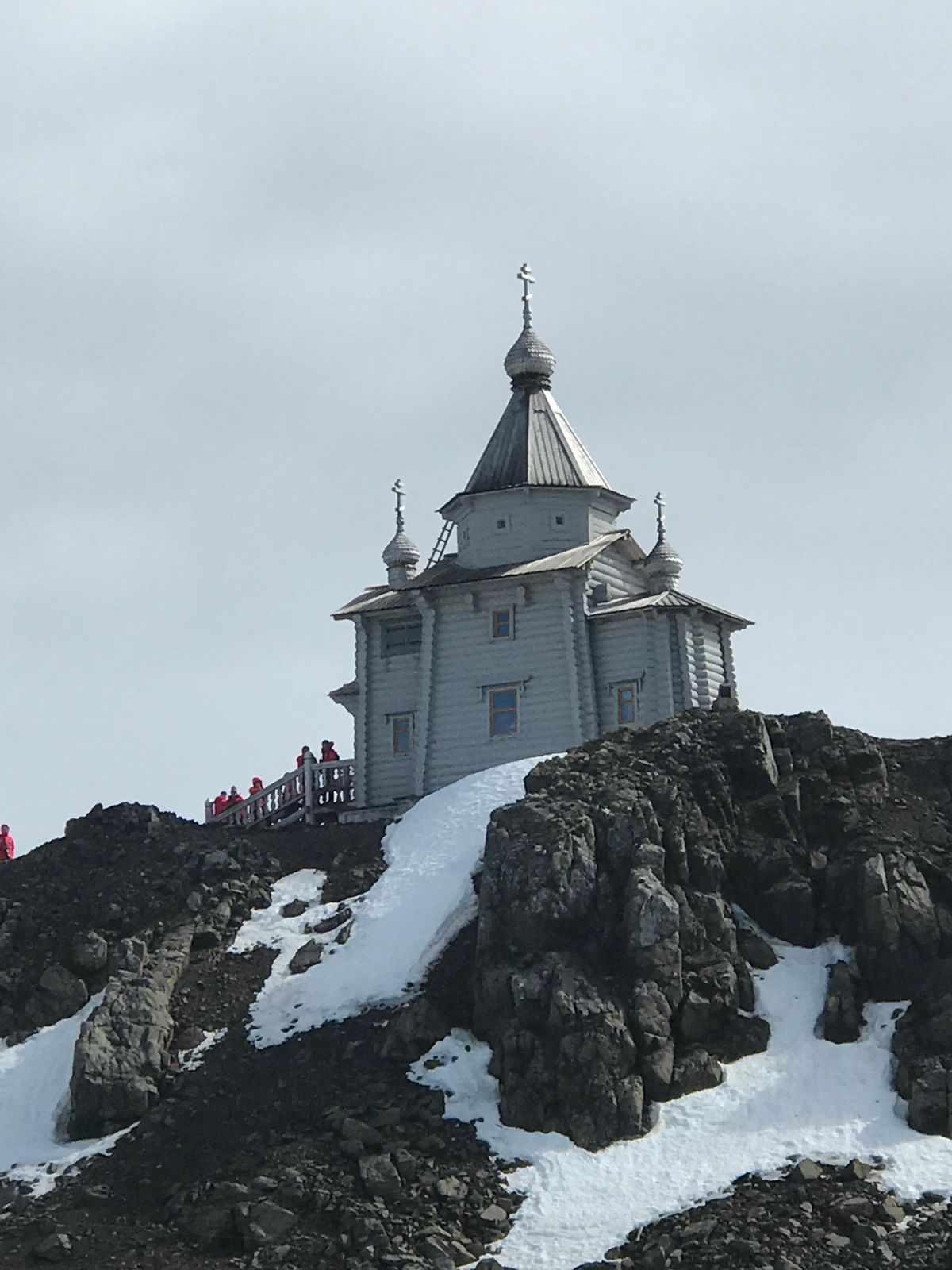
After a while, we moved to the Russian base. Instead of houses, the area is scattered with large iron containers, and the road between the containers is broken and muddy. In these containers they live and work, and in one container there is a canteen and a souvenir shop. For souvenirs, they have items depicting the greatness of Russia, and you can even buy a portrait of Putin himself. A hungover lady works slowly and there is a long line at the souvenir shop. I turned to my American friends and said:
“I really feel like I’m in Soviet Russia here!”
“What are you talking about?” replied an American from Odessa, with a mischievous smile.
“Because everyone is hungover, the roads are ruined, and we have to stand in line at the store,” I clarified.
The only sober person we met here was the priest of a wooden church built in defiance of Chile on another hill. He was a part-time priest; otherwise, he wouldn’t have been wearing a military uniform inside the anaphora. There was no queue at the church because the priest announced from the very beginning: “Only Orthodox Christians are allowed in here!” I think I was the first Georgian in history to visit an Orthodox church at the southernmost point of the planet, and the only Georgian who benefited in any way from “being of the same religion” as Russia.
After that, we soon left the “conflict zone,” much like OSCE observers, and continued sailing in neutral waters until an impassable cliff of icebergs halted our progress to the south. No one knows how the Chilean-Russian territorial dispute over the vast expanse of Antarctica will end. What is clear is that this is by far the most “frozen” conflict on our planet.
